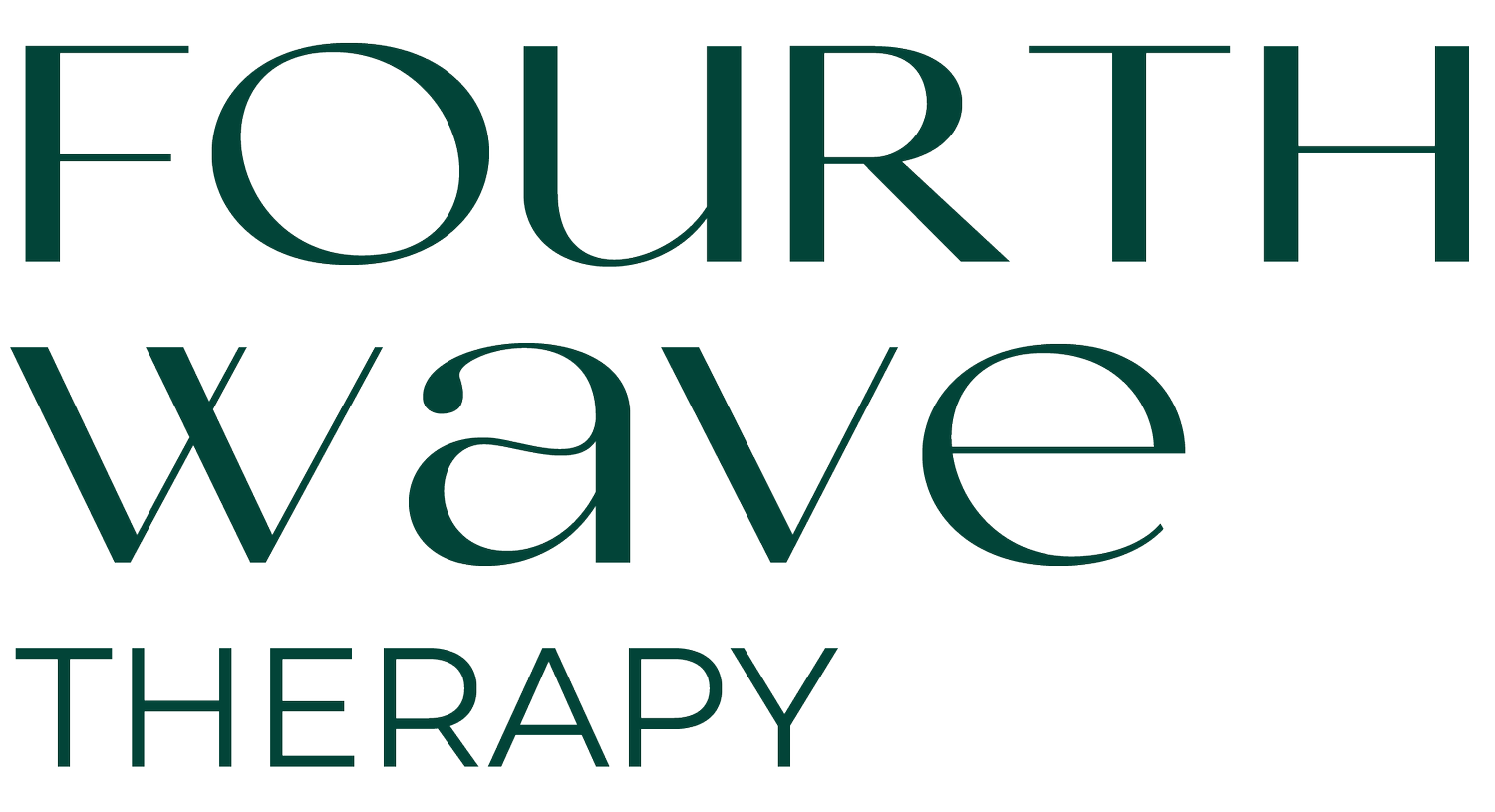SELF COMPASSION
“I’m afraid if I am compassionate with myself I will be lazy, I won’t get anything done.”
I can’t tell you how many times I have bumped up against this belief in working with folks and in myself in the process of practicing Mindful Self Compassion.
Perhaps we fear our true nature. Believing that we can only get things done out of a sense of duty, urgency, fear of punishment…and no wonder, this is how many of use were raised, this is part of our societal narrative. We don’t live in a culture that promotes a trusting of our own wisdom and rhythms.
If we weren’t so hard on ourselves…what might happen?
Paradoxically, self compassion can actually help us move forward with goals rather than impede them.
HOW?
I think of self compassion as an aspect of healthy inner parenting.
Often we simply replicate (or react against) the parenting we received growing up.
If our parents were very strict, critical, harsh—we may have internalized this as self talk or flipped to the other extreme, “I am not going to be like them, I can do whatever I want!!”
If our parents were absent, overly indulgent, passive or had little structure or standards for us we may recreate that dynamic in adulthood, or create our own rigid rules to compensate for the lack of healthy structure.
Current thought on healthy parenting lies in the middle, or integration of these extremes.
To hold an attitude of unconditional love for the person with Empathy, Acceptance, & Compassion.
AND
Holding standards, boundaries, and accountability for healthy, safe, and wise thought patterns, habits, and behaviors from a place of LOVE.
What does this look like?
“I will always love you no matter what, AND it’s NOT OK to hit your sister.”
“I completely understand that you want to eat cookies for dinner, it’s been a hard day, AND because I love you and care about your body, I can’t let you do that, your body needs some nutrition.”
It is possible to be loving AND firm with ourselves. To meet ourselves with compassion and acceptance for how it is AND hold ourselves accountable to do what needs to be done, even when it’s hard.
What does this look like as adults?
We can meet our selves with this presence, empathy, understanding AND hold our selves accountable to our goals. Can we set limits with love? Can we be curious and trusting enough with ourselves to listen and take into consideration the needs of our different parts: The needs of our minds, the needs of our feelings, the needs of our bodies, the needs of our spirits?
Once we have care and awareness of our own selves and needs we can also be curious and caring towards the needs of others, our family, friends, and larger communities. We can respect and honor our own needs AND the needs of others without flip flopping from self centeredness to abandonment of the self.
Next time you are being harsh with yourself, try these exercises on Self Compassion from Dr. Kristin Neff: (Discover more about Self Compassion at her website self-compassion.org)
Exercise 1: How would you treat a friend?
Please take out a sheet of paper and answer the following questions -
First, think about times when a close friend feels really bad about him or herself or is really struggling in some way. How would you respond to your friend in this situation (especially when you’re at your best)? Please write down what you typically do, what you say, and note the tone in which you typically talk to your friends.
Now think about times when you feel bad about yourself or are struggling. How do you typically respond to yourself in these situations? Please write down what you typically do, what you say, and note the tone in which you talk to yourself.
Did you notice a difference? If so, ask yourself why. What factors or fears come into play that lead you to treat yourself and others so differently?
Please write down how you think things might change if you responded to yourself in the same way you typically respond to a close friend when you’re suffering.
Why not try treating yourself like a good friend and see what happens?
Exercise 2: Self Compassion Break
When you are caught in a difficult moment…
Pause and go through the steps below.
This is a moment of suffering (engage mindful awareness of what is present)
Suffering is a part of life (connect to a sense of common humanity, hand on heart)
May I be kind to myself (connect to kindness and compassion for self)

